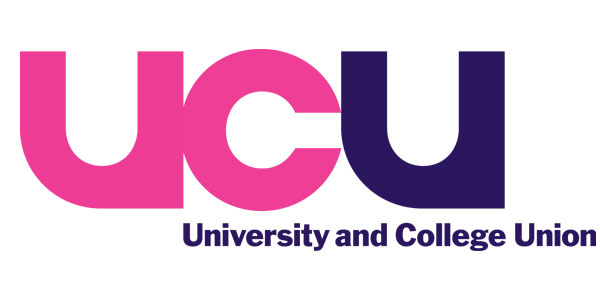

By Dara O’Cogaidhin
UCU MEMBERS at 33 further education (FE) colleges are taking part in a ballot for industrial action over low pay, unmanage- able workloads and an encroaching culture of managerialism.
The ballots were opened a month after the employers’ union, the Association of Colleges, recommended a measly 2.25% pay rise in 2022/23. The current rate of inflation (RPI) stands at 11.7%.
In March college unions submitted a joint claim for a pay rise of 10% when RPI stood at 7.8%. Over the course of a decade college staff have suffered a real term pay cut of 35%.
On top of this, results from a recent survey of 2,232 members found that 76% reported that their workload has increased significantly over the past three years. Burnout is on the rise, with an increase in stress-related illness among staff working excessive and unreasonable hours.
In short, we are overworked and underpaid.
UCU branches in six FE colleges across the North West took strike action in May, demanding a pay rise of at least 8.5%, with two called off at the eleventh-hour following acceptance of pay offers worth up to 7.5% at Hopwood Hall College and 6% at Bury College.
Meanwhile staff at Richmond upon Thames College went on strike for five consecutive days over plans by management to sack all 127 teachers at the college and force them to reapply for their jobs on new contracts: a fire and re-hire trick that would cost them 10 days annual leave.
Other unions have been slow to join the fray, though Lambeth College Unison is balloting its members.
Activists in other college unions need to demand ballots. Students too, who are overwhelmingly working class, should be approached in enrolment weeks to join picket lines and raise their own demands.
Across the education sector
Meanwhile the momentum in a protracted dispute in higher education (HE) over pension cuts and employer failings on pay, casualisation and conditions has been disrupted. The constant dithering of the General Secretary Jo Grady and the overturning of decisions have left the small number of branches implementing the marking and assessment boycott facing punitive pay docking without union support.
Although Jo Grady was elected off the back of the #NoCapitulation revolt against her predecessor Sally Hunt, she narrowly escaped censure at this year’s Congress for going down the same route. Her proposal to withdraw from the HE battlefield for a period of ‘regroupment’ and to work toward a UK-wide ballot around April
2023 would have condemned HE lecturers to another year of real pay cuts. Delegates rightly rejected the motion.
Realising the scale of pressure from below, Grady has since changed tack again and welcomed the higher education committee’s authorisation of a national ballot in late summer, which could see all universities hit by strike action in November.
However, the attempts by the UCU leadership to derail the strikes highlight the necessity of placing control of FE and HE disputes in the hands of a strike committee elected and recallable by the branches.
With the NEU and NASUWT both threatening to strike in autumn if their members don’t receive inflation-plus pay rises, this presents an opportunity of forging wider links with other educators and making the strikes more political. We need coordinated action across the whole sector to fight against the Tories’ marketising agenda.